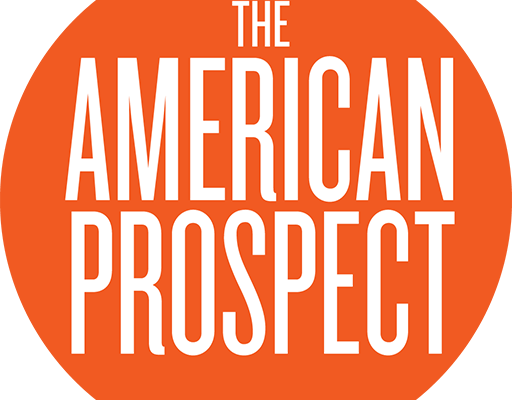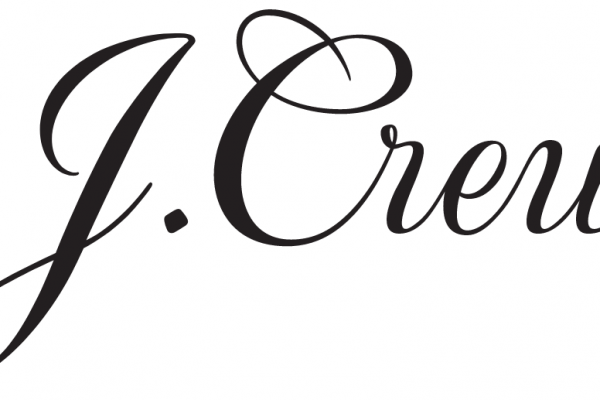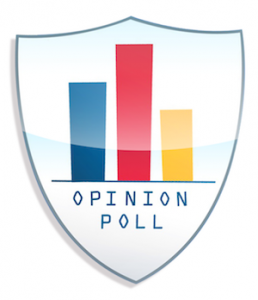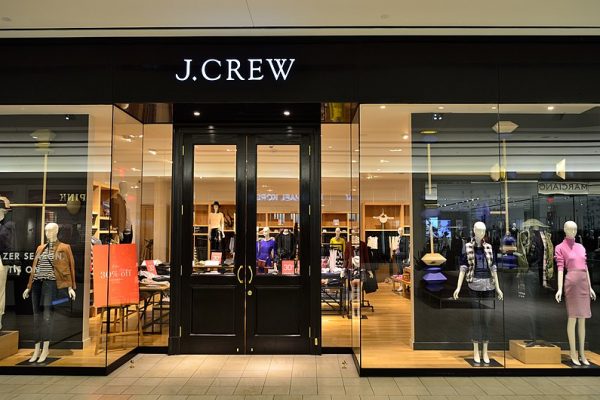In The News: How Private Equity Firms Will Profit From COVID-19 (The American Prospect)
Unless Congress and regulators act, private equity will shed its nonperforming assets and feast on new ones. J. Crew is the latest example.

Unless Congress and regulators act, private equity will shed its nonperforming assets and feast on new ones. J. Crew is the latest example.

Private equity firms loaded J. Crew with debt and hid assets away from investors and creditors.

Americans of all partisan identities, and across all regions of the United States, strongly support enacting new consumer protections on high-interest lending during the coronavirus crisis. Americans are highly supportive of prohibiting all high-interest loans during the crisis and of capping interest rates for consumer loans, according to a new bipartisan poll from Lake Research Partners and Chesapeake Beach Consulting.

Preppy retailer cannot survive retail and coronavirus economic downturn saddled by private equity-imposed financial burdens.

[T]he process of rolling back the mandatory underwriting requirement provisions of the 2017 small-dollar lending rule was, at best, highly improper. We urge you to suspend the finalization of the rule pending a full investigation of the facts. There is a strong case to be made that the CFPB needs to restart the regulatory process entirely.

Letter calling on Congress to include consumer protections in COVID-19 relief

Joint letter asking FHFA, HUD, VA and USDA to provide tenants with a mechanism to identify whether their apartment, home, or manufactured housing is covered by the tenant protections in the CARES Act

Yesterday, the Internet Corporation for Assigned Names and Numbers (ICANN) rejected the proposed private equity takeover of the Public Interest Registry (PIR), the non-profit that manages the non-commercial, charity, and non-profit internet domain registry for all Dot-Org websites. The decision recognized that the private equity debt loads and extractive business model would hinder Dot-Org’s ability to serve its non-profit clients without raising prices, compromising service, creating new revenue streams that comprise users’ data and privacy, or otherwise imposing unfair costs on 10 million organizations.

Coalition letter to FHA on clarifying and improving protections for borrowers facing hardship related to covid-19.

Linda Jun, a senior policy counsel for Americans for Financial Reform, a consumer advocacy group: “To this day, despite many people asking, they haven’t provided anything about the basis for changing this rule beyond some vague references to new research. It’s hard to see the reversal as anything other than political.”